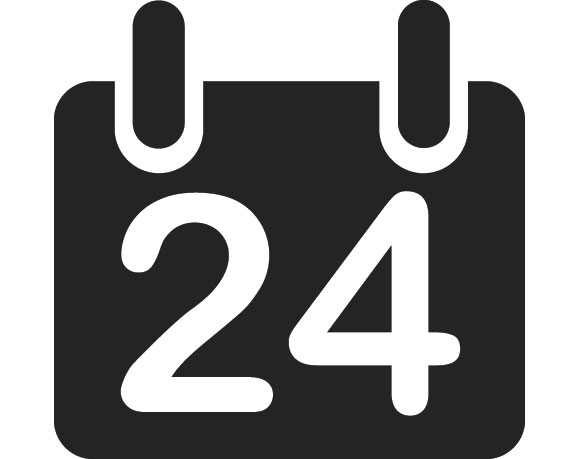Families with High School juniors likely spent their Spring Break on College Visits. And your summer will likely include more College Visits. If you have read ADMISSIONS INTERVIEW & CAMPUS VISITS, you have lots of tips to make your visit successful. But here are a few more tips:
- Express Your Interest in a College
As discussed in YIELD, College’s Admissions Offices have a difficult task. If they want to admit 500 students, how many students should they accept? How many of those who are accepted will choose to enroll – what will their yield be?
Colleges pay attention to how much time and attention you have spent on their College. The more time, the more likely you are going to enroll if you are accepted. If you have decided Acme College is THE ONE, then a) you likely decided it was THE ONE after you spent a fair amount of time on campus and b) you likely spent a lot of time on Acme’s campus because you are excited about it. While there are some students who decide a particular College is THE ONE without having even visited the College, that is certainly more rare.
Therefore, whenever you visit a College, attend and off-campus Information Session or have any outside contact with the College, make sure they know you were there – document your College Visit. Even if you can’t attend an Information Session or College Tour, stop by the Admissions Office, talk to anyone who is available and fill out the forms that express your interest. It is best if the student is the one who engages in the Admissions Office. By filing out the forms, you will be added to the mailing list and they will make note of the fact that you visited their campus. At the very least, go onto the College’s website and sign up to be on their mailing list, another way to express interest.
2. Visit a College when Classes are in Session
When Colleges are on break, the energy on the campus dies. If your student is worried a College may be too small, a visit when there is no activity on campus is another nail in the coffin…. Students are very concerned about deciding whether the students on campus are “their people”, which is difficult to determine if hardly any students are on campus when you visit.
At the beginning of Junior year, determine all of the dates that your student does not have school. Teacher Conferences, Teacher Workdays, even some Holidays. Determine if your student has any other commitments on those non-school days. Then type <XX College 20– Academic Calendar>. This should lead you to XX’s calendar for that year. Compare the calendars, and now you know the best dates for your College Visit. The alternative is to pull your Junior out of school to visit XX College, but Junior year is an important academic year and your student may be resistant to miss school to visit Colleges.





